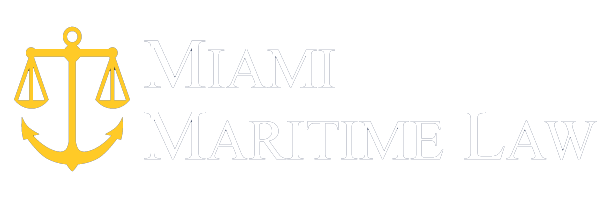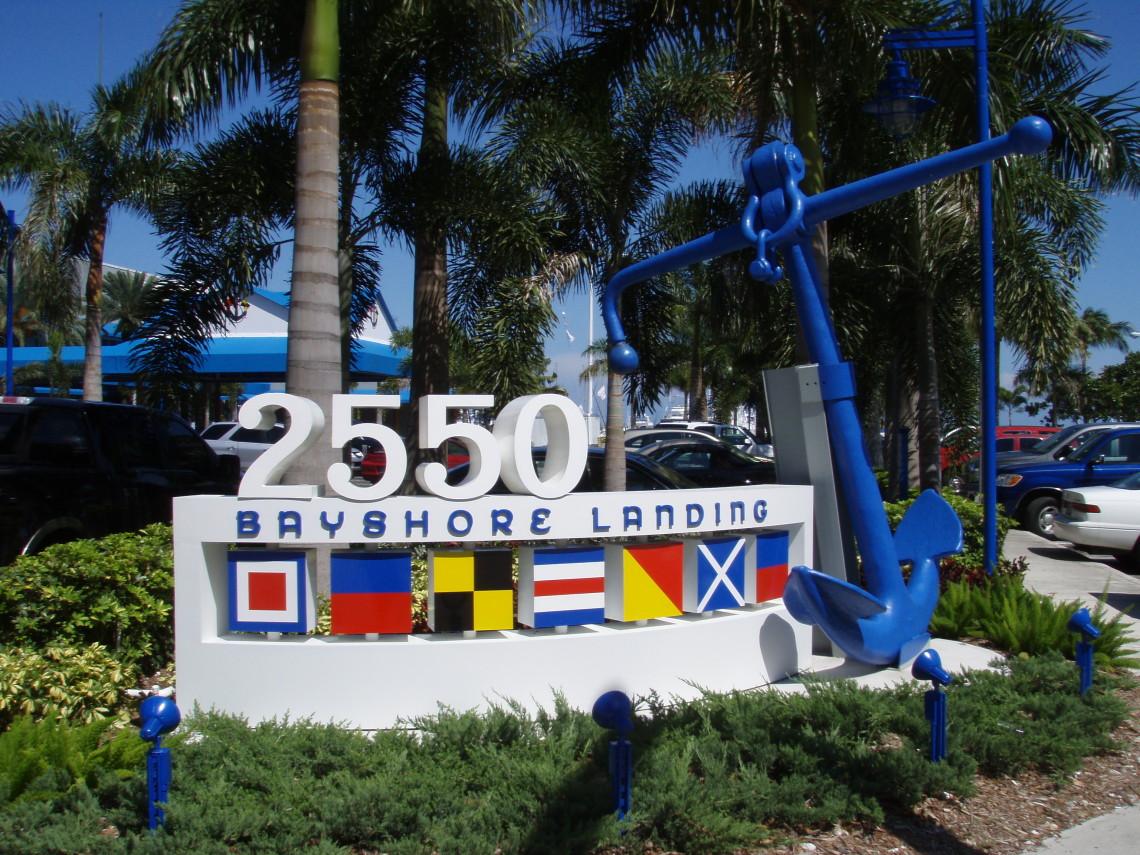Public Adjusters
A public adjuster is an insurance claims adjuster who is an advocate for and paid by the policyholder in appraising and negotiating an insurance claim. Aside from attorneys, public adjusters licensed by state departments of insurance are the only type of claims adjuster that can legally represent the rights of an insured during an insurance claim process. A public adjuster will offer the most benefit when it is clear that the insurer will pay the claim and the only issue is the proper identification and valuation of the loss. Most public adjusters charge a percentage of the settlement (on the order of 10% for large losses,100k and above) and may charge as high as 40% depending on the size and type of loss. Primarily they appraise the damage, prepare a claim, and negotiate with the insurance company’s adjuster[1].
There are three classes of insurance claims adjusters: staff adjusters (employed by an insurance company or self-insured entity), independent adjusters (independent contractors hired by the insurance company) and public adjusters (employed by the policyholder). “Company” or “independent” adjusters can only legally represent the rights of an insurance company.
Outside the United States, public adjusters are commonly called (or translated into English as) “insurance loss assessors” (or simply “loss assessors”) and staff adjusters or independent adjusters are called or translated as “insurance loss adjusters” ( or simply “loss adjusters”).
Licensing and regulation
In the United States, most states require adjusters be bonded, to pass state examinations similar to or the same as those required for insurance company adjusters, and to take continuing education courses on the laws governing insurance companies and policyholders and the handling of claims. Generally, public adjusters are legally authorized only to work with insurance claims related to personal, business and automobile property damages and do not handle claims related to life or health insurance.
Duties
The public adjuster’s main responsibilities are to:
- Evaluate the existing insurance policy in order to determine what coverage may be applicable to a claim.
- Research, detail, and substantiate damage to buildings and contents (or automobile) and any additional expenses.
- Determine values for settling covered damages.
- Negotiate a settlement with the insurance company on behalf of an insured.
- Make recommendations to improve the insured’s policy in the case of future losses (any changes to the policy are made by the policyholder’s insurance agent).
- Re-open a claim and negotiate for more money if a discrepancy is found after the claim has been settled.
Typically a policyholder hires a public adjuster to document and expedite their claims, obtain a more satisfactory claim recovery, more quickly and completely restore their residence or business operations, and insulate themselves from the stress of engaging in an adversarial role with a large corporation. However, the cost of hiring outside experts, no matter how well-earned, can be an added burden when they are borne entirely by the policyholder.
Fees
Most public adjusters are paid based on a percentage of the total settlement. Some public adjusters charge a flat percentage while others use a regressive scale. For example, 10% of the first $100,000, 9% between $100,001 and $200,000, and 8% of any amount beyond that. Regardless of the fee structure, the fee are often may be offset by an increase in the settlement amount. In many jurisdictions the fee structure must be disclosed up front. The fees for a re-opened claim are higher due to the extra work involved. Most public adjusters won’t handle small claims. It is important to note that results cannot be guaranteed and a public adjuster cannot obtain more than the policyholder is legitimately entitled to.
When to contact
While it is not always clear when a policyholder may benefit from hiring a public adjuster, the most benefit is likely to be realized if they are engaged immediately in case of a loss. Shortly after the insurance company receives notice of a loss, an adjuster representing the insurance company will visit the policyholder to gather facts about how the loss occurred, the magnitude of the loss, and the possibility of subrogation. Incorrect, incomplete or inadequately expressed answers to the adjuster’s questions may reduce the amount that can be claimed. A public adjuster engaged early in the process, before the fact-finding stage, will have more opportunity to help the policyholder receive a fair settlement for all losses legitimately covered under the insurance policy. However, any time during negotiations with the insurance company and even after a settlement has been received by an insured, a public adjuster may be able to negotiate for a higher amount.
Comparison to attorneys
As a general rule, only licensed attorneys may represent another person’s interests but representation by public adjusters is allowed (usually by state insurance statute) in the case of insurance claims. Even with this exception, there are areas of the claims process, such as determining coverage or denials of coverage, construing contract language in the context of case law and statutory requirements, where a public adjuster cannot legally represent the policyholder. For example, an attorney rather than a public adjuster is required when the insurer denies the claim by invoking certain clauses in the policy.
Public adjusters are not subject to the same rules of professional conduct as attorneys but some states have enacted rules by statute to govern their conduct. Such consumer protection laws can usually be found in the state insurance code and many are available online.


